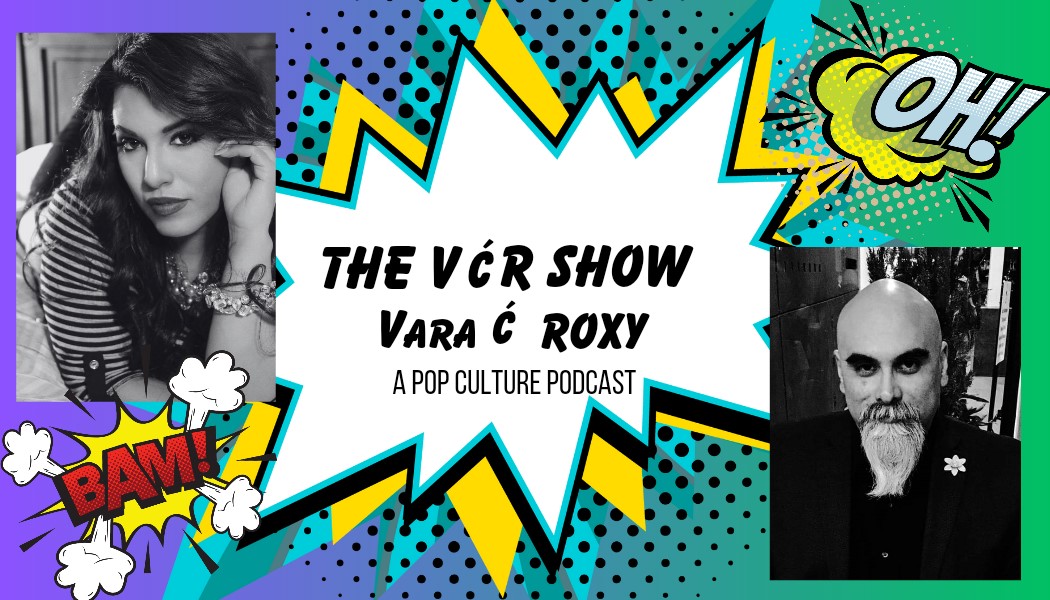By
Richard C. Vara
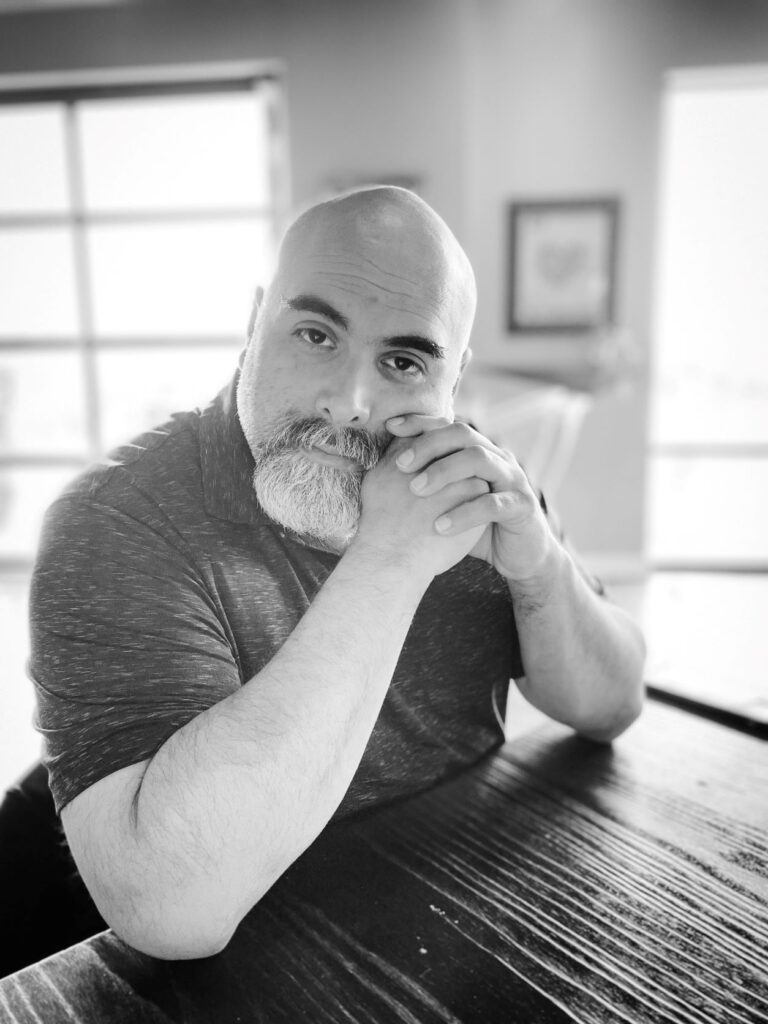
April 30, 2022
Houston, Texas – “An injustice!” Exclaims Benito Vasquez. He is referring to the fact that Houston has no dedicated physical space for Hispanic theatre or its arts nowadays. Mr. Vasquez is one of the very few Hispanic directors who is working to change the Hispanic theatre arts scene in Houston and has faced major challenges in doing so.

Photo by: Richard C. Vara
According to the 2019 U.S. Census, the Hispanic population accounts for 44.5 percent of Houston’s population. To break that down into a more tangible figure that is 2.7 million people of Hispanic descent living in the largest city in Texas and the fourth largest in the U.S. With that large of a population, you would think that Houston would be a thriving cultural mecca of Hispanic theatre, sadly it is just the opposite making this a cultural injustice in the “Space City.” “Houston, we have a problem!”
There used to be an arts and theatre center called Talento Bilingue De Houston (TBH), located in the East end. TBH was forced to close its door permanently due to financial issues in 2013. When TBH shut down, it also closed access to the only Hispanic theatre in Houston and removed access to a physical space for the Hispanic artists to use. No Hispanic shows were being produced due to the closing. However, around 2018 TBH was taken over by the Multicultural Education and Counseling through the Arts (MECA) and is now an event space that can be rented for various uses. Mr. Vasquez is trying to rectify the situation by bringing more awareness to the issue and one day hopefully creating a space for future Hispanic artists and places where Hispanic shows can be produced.
Daniel Meza an employee of MECA had this to say,
“We don’t have an official artistic director. Sometimes we trade space for shows but anyone can come here to rent the space.”
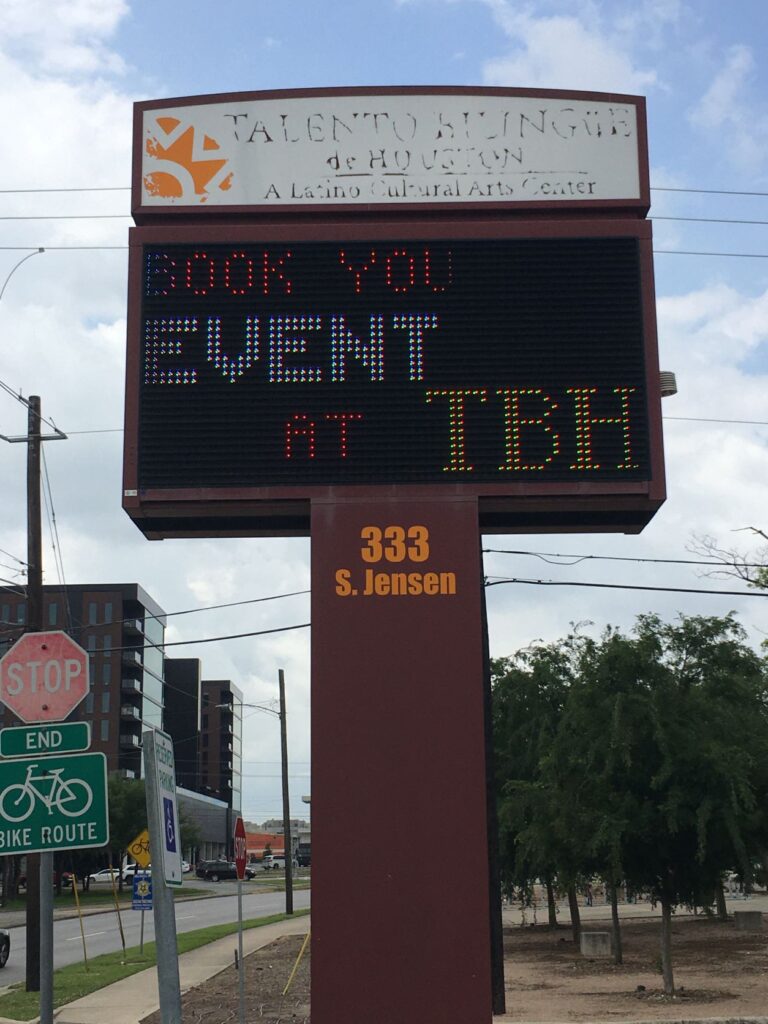
Photo by: Richard C. Vara
Mr. Vazquez is very passionate about this situation and works feverishly to try and bridge the cultural gap that has been created by cultural and financial disparities on local and national levels. Before going into more of the issues of the lack of representation of Hispanics in the arts, we need to take a moment to learn about Mr. Vasquez and where his drive for this issue comes from.
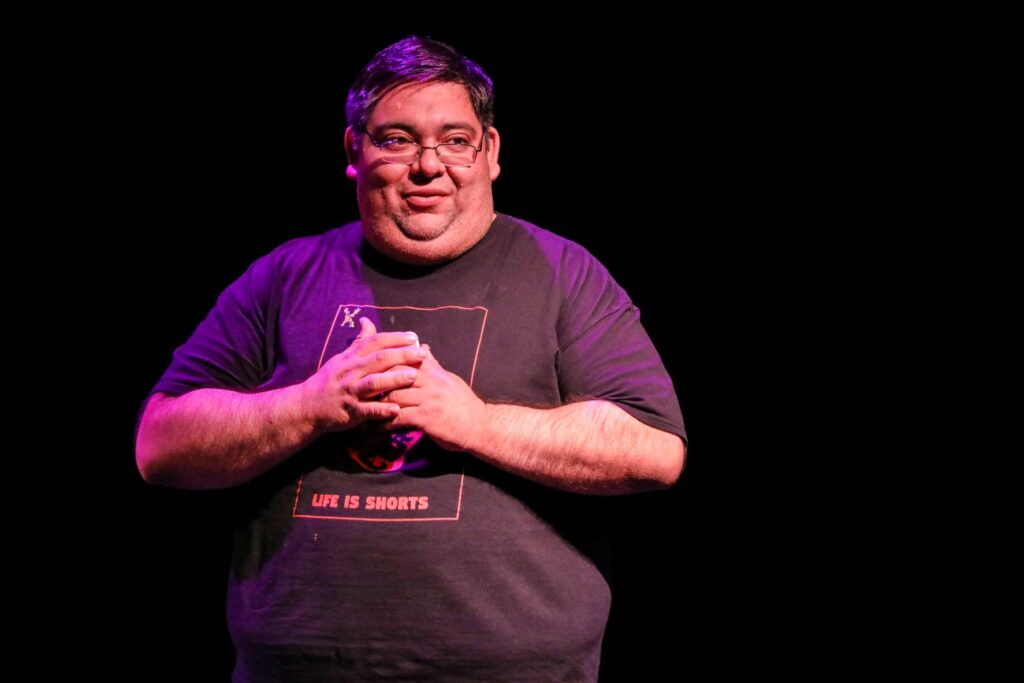
Photo courtesy of Mr. Vasquez. Photographer: Melissa Taylor.
Mr. Vasquez discovered his love for the stage at the University of Houston-Downtown (UHD) while taking an “Acting One” course. He fondly recalls how his professor, Maribel Cheney, encouraged him to audition for the university’s production of “The Little Foxes” that year. He landed a spot in the show and has been in love with the stage ever since. He went on to perform in other shows such as William Shakespeare’s “Macbeth” and Niccolo Machiavelli’s “The Mandrake.”
The director of the theater department, Thomas J. Lyttle Ph.D., also encouraged Mr. Vasquez to pursue his love of the theatre and to chase his dream of bringing a voice to Hispanics through the stage. He even allowed Mr. Vasquez to use the university’s theatre in the summers to produce shows. In trying to bring this dream to life, Mr. Vasquez decided to attend Texas Tech University and earned his Master of Fine Arts in Performance and Pedagogue. He then returned to Houston to take on the issues he feels so passionate about and try to bring Latino theatre to the forefront of Houston.
He started tackling the issue by forming a partnership with his theatre partner and now life partner Marissa Castillo and longtime friend Jorge Diaz. The three of them started a theatre company that they named Teatrx. Mr. Vasquez explained the name Teatrx comes from the Spanish word for theater which is Teatro. The O is replaced with an X to make the name more inclusive for the artist and the audience. The founders have come up with some creative ways to bring more attention to the Hispanic arts. One of the events they created was a festival that combined original one-act plays and short films. The festival included about 30 play writes and filmmakers. It is said that the festival was the first of its kind to combine the two arts.
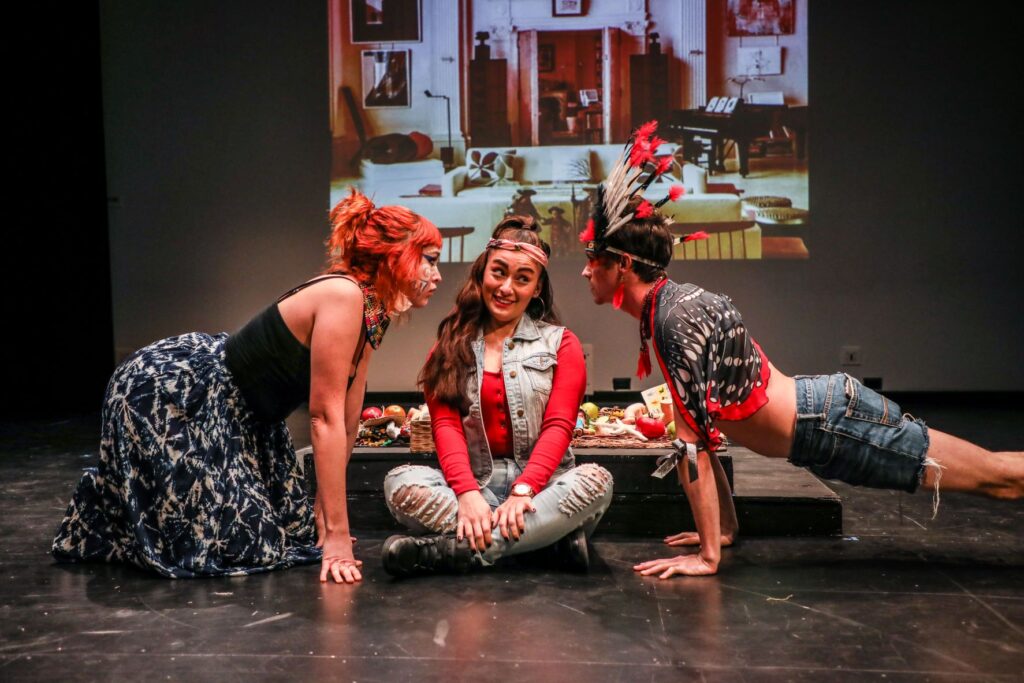
Photo courtesy of Mr. Vasquez. Photographer: Melissa Taylor.
They also select shows that represent all Latino cultures, shows that will represent everything from Cuban-Jewish characters to Afro-Latino characters simply because those populations exist, and they want to include all forms of Latino culture. They also try to keep the cost down with a pay as you will model starting at around ten dollars. Making it more affordable and accessible for people to attend.
Heartbroken is the way to describe Mr. Vasquez’s mood when thinking about the lack of representation of Hispanic culture in the arts. He points out that one of the major issues that other Hispanic artists face is the lack of funding.
“A lot of them (Hispanic artists) stopped applying for grants. A lot of Hispanic artists don’t trust the grant system, because they don’t get them. Only two to seven percent of Latino artists get funding.” Says Mr. Vasquez.
The reason why this is happening becomes very complex. He also points out the lack of support from local government and businesses when it comes to funding the Hispanic arts.
However, there is a second injustice accruing according to Mr. Vasquez, and probably one of the worst forms of injustice in modern society that has been an issue reaching past the Civil Rights Movement. The lack of representation and having a voice.
“The injustice is the community doesn’t have its voice. I think theatre is that voice, the arts, in general, are a voice. It’s the voice of the community and if we’re not being represented, then we don’t have that voice.” Mr. Vasquez said.
One of the ways more Hispanic artists can be heard is by continuing to apply for grants and not becoming discouraged. Continuing to create content geared to the Hispanic community and forming partnerships to produce that content. It is also critical to attend Hispanic-based performances and if capable donate to the cause.
Mr. Vasquez is a champion who is fighting for the voice of an underrepresented people that almost make up 50 percent of one of the largest cities in America. Mr. Vasquez is that voice crying out to 100 percent of the population that change is needed. That the voice and stories of the Hispanic population need to be heard. Are his cries being heard or are they falling on deaf ears?
“My hope is that the community embraces what we are about and that the community fights for their voice and fight for that funding for that voice. I hope that Teatrx isn’t the only one. I don’t want us to be the only ones! With 44 percent of the population, there should be something going on every weekend! We should have a venue at the very least to be able to produce our work and invite others to do it as well. That is my goal.” States Mr. Vasquez.
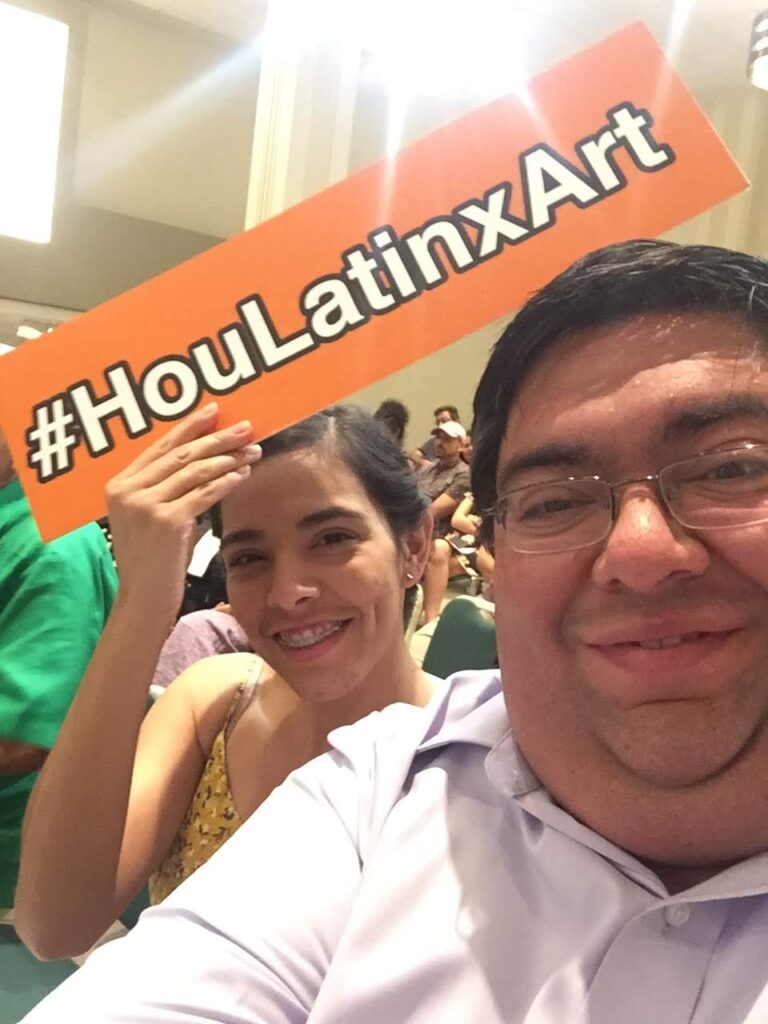
Photo courtesy of Mr. Vasquez.
You can listen to the full interview with Mr. Vasquez here.
